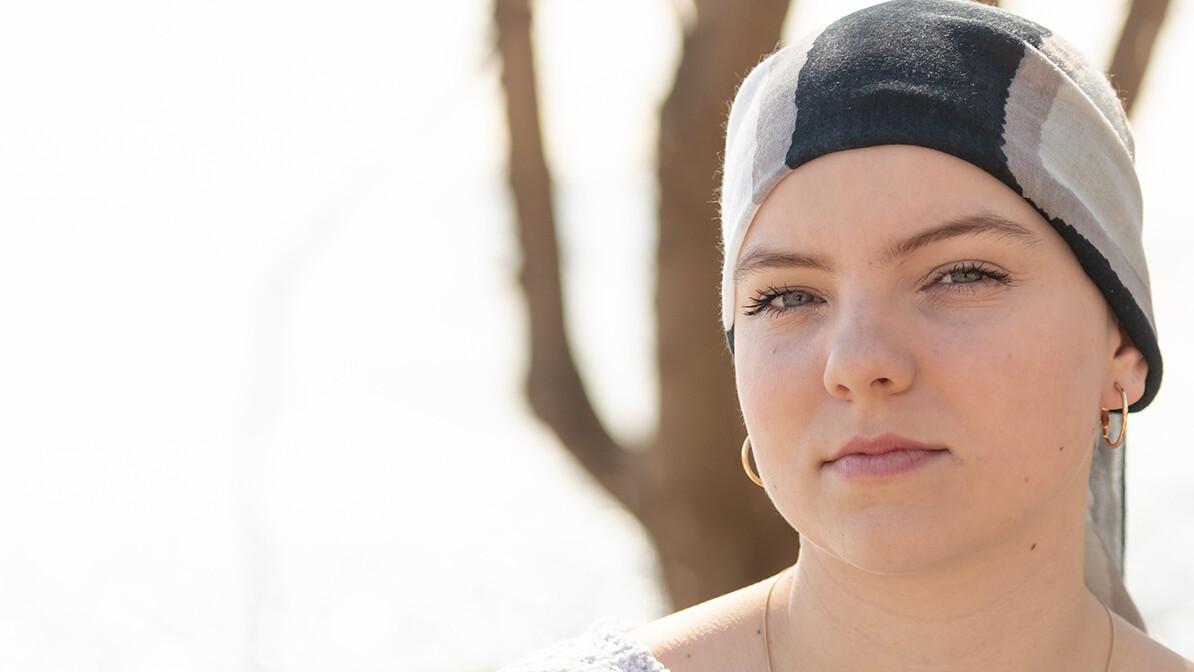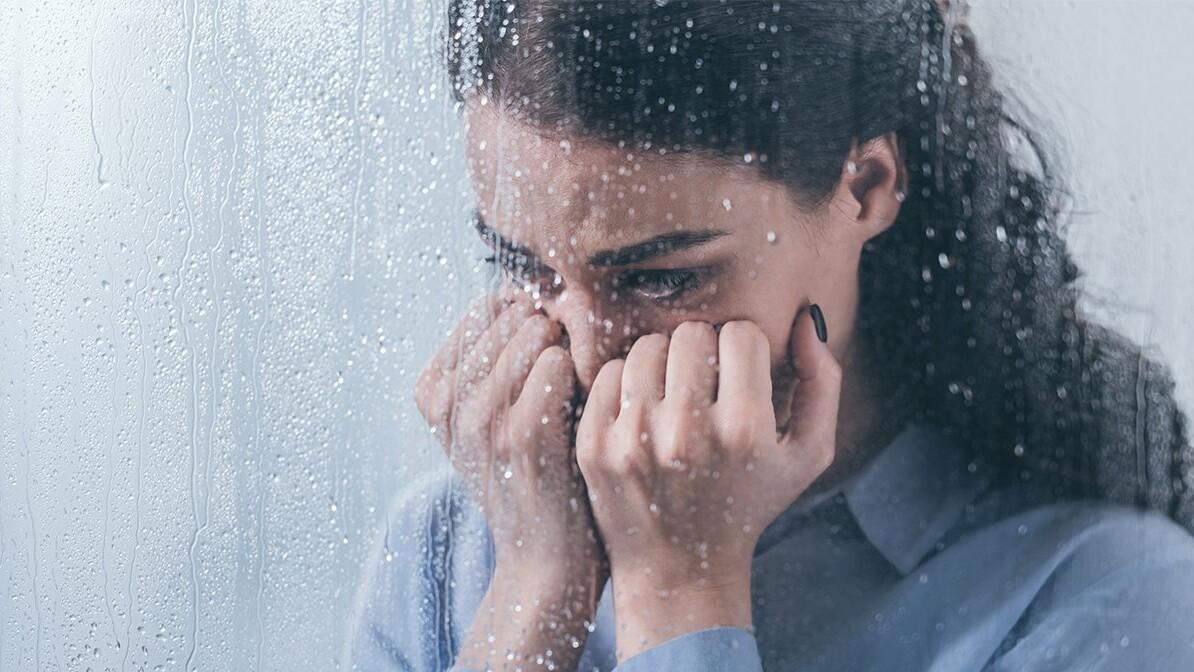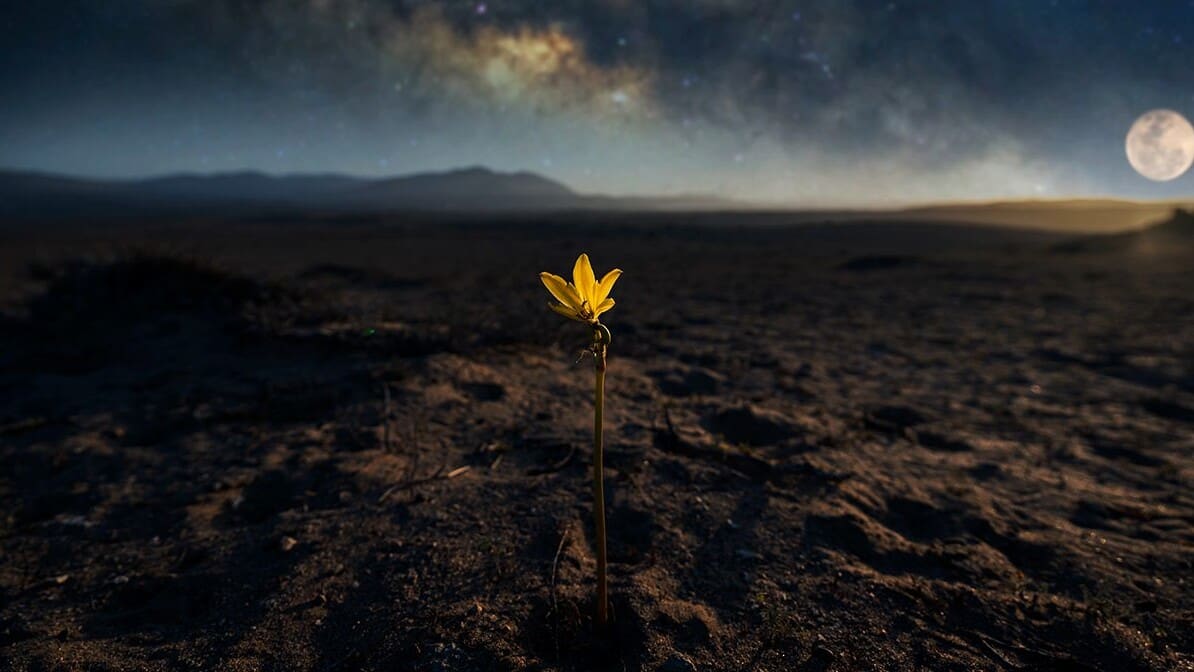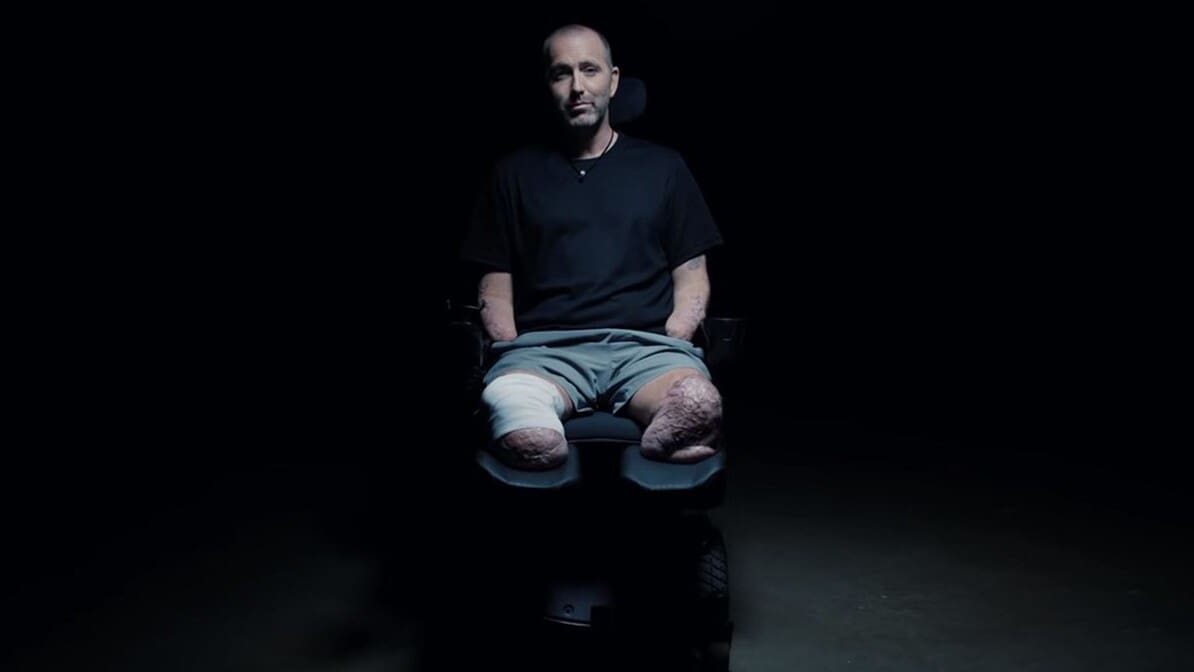
Deborah Barr: Lean on God’s Strength in Your Cancer Journey (Part 1)
John Farrell: What was your inspiration for writing Strength for the Cancer Journey?
Deborah Barr: Cancer has been on my personal radar for a long time because both my parents had cancer, but more recently, someone very close to me now got cancer. That really opened my eyes to how many people all around me had cancer. Just realizing that for so many people, cancer creates a crisis of faith. In other words, do you trust God more when cancer hits or do you close down your heart? A “God, how could you do this to me?” kind of mentality.
I have a passion for encouraging people to engage deeply with God in their hard times. I think the book grew out of a desire to encourage people with cancer to do that. That’s where it all kind of just gelled, from my past experience with my parents, my current experience with my very good friend, and then my personal mission, which is to encourage people to engage with God in difficult times. So, that kind of all came together.
JF: What is the overall message you hope readers take from your book?
Deborah: To engage. Do you live with God during the cancer journey because it’s a very scary, uncertain time? Yet, if we connect with God and not let go, it can be a time of tremendous spiritual growth. God has purposes for the person with the cancer, as well as everyone around that person that we would probably never guess. There’s good that God can bring out of it, even though it’s a very, very difficult journey.
JF: Why is this message so important in today’s world?
Deborah: One reason I think it’s important is because there is no cure yet for cancer. There are treatments and cures for different kinds of cancer, but with cancer as a group of diseases there is no absolute cure.
So much of it has to do with lifestyle and the fact that there are about 1.8 million new cancer cases every year. The expectation is that by the close of 2020 more than 1.8 million more people will have heard the words, “You have cancer.” So, it’s a very common problem. In fact, it’s the second most common cause of death in the United States, exceeded only by heart disease.
So many people – believers and non-believers – walk this journey every year. My hope is that this devotional will – just like the title says – infuse strength for the cancer journey. And hopefully for the unbelieving person, it will open them up to reach out to take God’s hand because there really are only two ways to go through this. You either go through cancer in your own strength or you go through cancer with the strength that God provides. My hope is to encourage people to go through it with the strength that God provides.
JF: How important is faith and prayer during the cancer journey?
Deborah: I think prayer is incredibly important. So much so that there is one devotional – Day 20 – that is all about prayer.
I interviewed a lady for that particular devotional who at the time was going through her second bout with breast cancer, 12 years after a double mastectomy. Imagine her surprise to hear, “You have breast cancer again.” Her coping mechanism, one of her main ways of dealing with it, was prayer and her prayer was actually during her treatments. She had a particular type of therapy treatment called “Deep Inspiration Breath Hold.” The idea is that when you’re getting the radiation, you take a deep breath so that it expands your lungs and moves your heart away from your chest wall so that the radiation doesn’t damage your heart.
You have to hold your breath for 30 to 40 seconds each time. Since that was her therapy and she was having it five days a week, she decided that she would use those breath hold times to pray. She prayed for a different person each time she had to hold her breath. It was five days a week for six weeks, so if you do the math, that’s 420 separate prayers that she prayed for people that she knows personally.
That was very therapeutic for her because it took her mind off herself and her treatment and allowed her to connect with God on the behalf of others, as well as herself. That was just a key coping method that she used and a great example for anybody who has cancer because it’s just communication with God. It’s just talking with God at a very difficult moment and allowing him to sustain you.
JF: Your book includes several different patients’ personal experiences with cancer, which makes it relational. How did you meet these different individuals and how did their journeys become part of your book and what kind of impact has your book and their stories being told had on their lives?
Deborah: I think that for all eight of these people the idea of sharing their stories gave some meaning to their suffering. Some meaning to “Why do I have cancer?” Because they’ve already heard me tell them about different radio programs where I’ve been interviewed or different articles where their story now gets to touch the lives of people they would never otherwise cross paths with.
The reason I chose to bring in stories is that I’ve never had cancer myself, so it just made sense to talk to people who were actually on the cancer journey because they can speak to it through personal experience when I can only speak to it second hand.
I chose eight people with various kinds of cancer. This whole book – everything related to it – is very much central to Winston-Salem (NC). All eight people I talked to are local to where I live.
Two of them have the most common type of cancer among men, which is prostate cancer. Two of them have breast cancer, which is the most common type among women. The other four have more rare kinds of cancer. One gentleman has ocular melanoma, which is melanoma in your eye. One has Hodgkin’s lymphoma. One has multiple myeloma and one has bladder cancer.
This is a collection of stories framed by scripture where they can talk about the very real ups and downs of walking with God through a potentially fatal health crisis. I think collectively they covered it really well. And every one of these people is truly trusting God in a deep way that I think will encourage readers to do the same.
JF: Do you have a medical background?
Deborah: My profession is medically related. I’m a health educator. I’m a Master Certified Health Education Specialist and I work with individuals at Wake Forest Baptist Medical Center. I work on a research study with older adults. My job is to give health education to those folks one-on-one, but it really doesn’t touch too deeply on cancer.
What I do with them is talk about the importance of getting screened and things that we can all do to reduce our risk of cancer. But for the most part, I’m talking with them about things like high blood pressure, elevated cholesterol, elevated blood sugar, and the importance of physical activity. Those kinds of things.
All of those indirectly or directly relate to our risk for cancer because so much of it is lifestyle-oriented. But once you have it, there’s really not a lot of point in looking in the rear-view mirror and lamenting, “If I had only …” or “If I had only said ‘yes to this and noted that,’’ or “If I’d only gotten my screening when I was supposed to.” “If I had not smoked for all those years.”
When you’ve already got it, you partner with your doctors and you partner with God and you go forward with as much wisdom and focus on the future and health as you can. So, my focus is not so much on what you could have done to avoid cancer, but it’s more about now that you have it, let’s really trust God and go forward with as much faith and positivity as possible.
JF: As the saying goes, “There’s no sense in dwelling on the past.”
Deborah: Right, there really isn’t. Except that hopefully there will be some lessons learned about how to take care of your body, because if you’re cured and you go on to live for many more years, more than likely you’re going to want to do that with a lot greater consciousness of the stewardship of your body – how to take care of yourself.
JF: How important is it to have a strong support system around you, whether it’s loved ones, friends, or those within the medical profession?
Deborah: It’s very important. I talk in this devotional a little bit about protector influences versus promoter influences. Often what’s true in the physical realm has a corresponding truth in the spiritual realm. I saw one here. If you have cancer, what you put in your body really matters and in terms of food, protector foods are the ones that give your body the nourishment it needs to function at its best and fight the cancer.
Promoter foods do the opposite. They promote cancer. The parallel I saw is that in terms of your emotional strength to fight the cancer and staying positive, there are also protector and promoter influences. So, to stay positive, you have to be careful about the music you listen to, the movies you watch, and the people you spend time with because media and people can either be protectors that empower you and encourage you, or they can be promoters that flood your mind with negativity and fear.
So, you have to choose what you allow in your ear gate and your eye gate and who you spend time with. If you spend time with very critical negative people or people who love to tell you stories about the horrible experience of someone who had your kind of cancer, that’s not very encouraging and it’s okay to set a boundary – kindly and diplomatically. You don’t have to spend time with people who are going to bring you down and be promoters of negativity.
…
Order a copy of Strength for the Cancer Journey: 30 Days of Inspiration, Encouragement, and Comfort by Deborah Barr
Trending Now
Sign up today for your Inspiration Today Daily Newsletter
Supercharge your faith and ignite your spirit. Find hope in God’s word. Receive your Inspiration Today newsletter now!
John Farrell
John Farrell serves as the Digital Content Manager at Inspiration Ministries, where he oversees the planning, organization, and management of website content to support the ministry's global digital outreach. With a strong background in writing and editorial strategy, John ensures that the articles, devotionals, and discipleship resources on Inspiration.org are accurate, engaging, and aligned with the ministry's mission.
John has authored more than 1,000 articles, press releases, and features for Inspiration Ministries, NASCAR, Lionel, and Speed Digital. His versatility as a writer is also showcased in his 2012 book, The Official NASCAR Trivia Book: With 1,001 Facts and Questions to Test Your Racing Knowledge.
A graduate of Appalachian State University, John brings excellence and attention to detail to the digital experience at Inspiration Ministries. He lives in Concord, N.C., with his wife and two sons.
Related Articles
January 28, 2026
I Just Knew It Was God: From Searching to Finding Faith
From the outside, Ekaterina’s life looked successful. She had a college degree, a strong career,…
January 26, 2026
How to Overcome Old Wounds with Resilience
How Do You Deal with Old Wounds? Everyone is talking about trauma, but very few are talking about…
November 21, 2025
Thank You … Lord
Gratitude transforms our lives and draws us closer to God. This article explores how practicing…
October 27, 2025
So, Is God Good?
Many people wrestle with the question, is God good, especially when life brings pain and loss.…
Next Steps To Strengthen Your Walk
Inspiration Today Newsletter
Supercharge your faith and ignite your spirit. Find hope in God’s word. Receive your Inspiration Today newsletter now!
Christian Articles
Find articles to strengthen your walk and grow your faith. We have a wide range of topics and authors for you.
Submit A Prayer Request
We are here for you. Simply click on the button below to reach us by form, email or phone. Together we will lift our hearts and voices with you in prayer.






